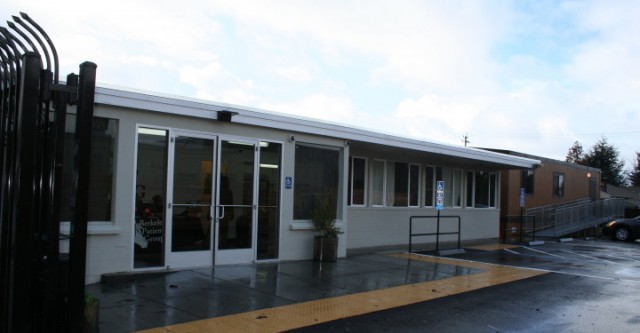
Berkeley’s medical marijuana dispensaries must provide 2 percent of their cannabis free of charge to very low-income residents under a law passed unanimously by the City Council earlier this month.
Individual patients who make under $32,000, or families that earn less than $46,000, qualify for the complimentary cannabis. The law further requires that the free marijuana “be the same quality on average as medical cannabis that is dispensed to other members.”
“We were happy with that,” said Charley Pappas, a member of the city’s Medical Cannabis Commission. “It gets the council and the mayor focusing on patients. There should be access to the best medicine and the poorest people shouldn’t be excluded.”
Following the decision, national media proclaimed, “Berkeley out-Berkeleys Berkeley” and declared the arrival of “weed welfare.” Many of the articles were long on hyperbole and short of the facts, since the new law may not force dispensaries to radically alter their business models. Many of them already give away free medical cannabis.
“It’s not an uncommon practice” to voluntarily provide free cannabis to needy patients, said Pappas, who used to own a dispensary in San Francisco.